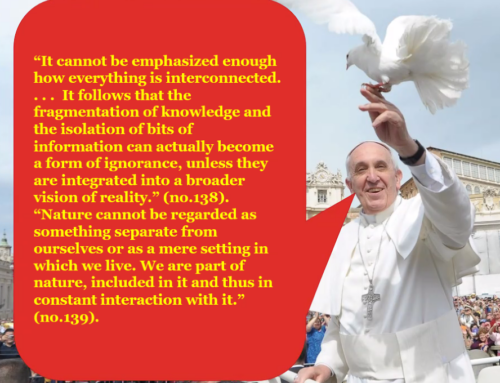Author and biologist Rupert Sheldrake has courted considerable controversy during his long career. Perhaps best known for his hypothesis of morphic resonance (that the so-called laws of nature are more like habits subject to change – see ‘What is Morphic Resonance’ in this issue of New Dawn), his tussles with the scientific establishment reveal a great deal about the dogmatism of mainstream science. Beginning with A New Science of Life – published in 1981 – his many books about science also include Dogs That Know When Their Owners Are Coming Home, The Sense of Being Stared At, and The Science Delusion, a powerful and compelling response to Richard Dawkins’ The God Delusion and materialist reductionist thinking in general.
Sheldrake’s work often explores what he refers to as ‘the extended mind’, the idea that the mind is more than just the brain and that it has the power to affect both the body, and by extension, the external environment. There is also evidence to suggest that one mind can affect another and that all minds are somehow linked. Our individual minds may even be individuated, seemingly-isolated nodes of a much greater mind, or overmind. We are the rain and the overmind is the sea.
These ideas, far from being new, are in fact ancient and reflected in many belief systems, worldviews, and cosmologies whose origins reach into high antiquity, and perhaps beyond. Sheldrake is among a pioneering group of researchers from many fields and diverse disciplines working doggedly to deepen our understanding of the world around us and account for the many phenomena of both our inner and outer world which science alone simply cannot explain.
The response from mainstream science and mainstream media has thus far been, for the most part, wearily predictable. Derision and condescension have been combined with censorship and ad hominem attacks, although as already suggested, such tactics tell their own story, not least that the work of so-called ‘mavericks’ such as Sheldrake is becoming increasingly difficult to ridicule or ignore.
The scientific thought police famously blew a gasket and showed their true colours when Sheldrake addressed an event organised by TED spin-off TEDx. Recorded in 2013, Sheldrake’s talk – simply entitled The Science Delusion – proved enormously popular with viewers when the video was posted online. TED’s administrators quickly pulled the video1 from their official outlets claiming that Sheldrake’s presentation “crossed the line into pseudoscience,” contained “serious factual errors” and made “many misleading statements.” The ensuing public backlash, however, was swift and severe and TED found itself charged with attempting to shut-down freedom of speech.
At the root of the problem here is a tendency or desire – perhaps even a need – among many mainstream scientists to deny their own subjective experience and inner life, the source of some of most profound human experiences possible with widely ignored implications. Despite the fact that many scientists claim to be religious, especially in the US, the official stance is that scientists should effectively all be materialist atheists – dispassionate, detached and thoroughly objective observers of a mechanistic and meaningless universe.
“There are two or three different issues here,” says Sheldrake. “One is that of course scientists are people, but since the 19th century they’ve tried to pretend, at least in their writing style, that they’re not people. That’s why there was a fashion for a long time of the passive voice. Instead of saying, ‘I took a test tube’ they’d write ‘A test tube was taken’, as if all these things were just unfolding in front of the scientist who was a detached observer. I think now there’s the sociology of science, the philosophy of science, and science and technology studies have all shown what’s obvious, that scientists are people. They have prejudices, they have emotions, they have ambitions, they have fears, they have rivalries, and so on. So that’s just saying scientists are human, which is of course obvious. But it does rather dent this idea that scientists are completely objective, like automata, just simply registering facts. They’re not. They have ideas, they have hypotheses, they want things to be true, they tend to notice things that fit their beliefs more than those that don’t. And recently it’s turned out that a great deal of the scientific literature, at least half of published papers in those subjects, turn out not to be replicable because what scientists do is publish their best results which fit their theory best and tend to ignore the results that don’t.
“All of this leads to a very subjective element to science,” explains Sheldrake. “But the point that I’m more concerned with in The Science Delusion is the kind of dogmatic framework which is not just in individual scientists, it’s institutionalised. The official doctrine of science at the moment is the materialist worldview. The doctrine that the only reality is matter, and that matter’s unconscious. So the universe is made up of unconscious matter which has no purpose or direction, and evolution is just blind chance and necessity. And this worldview, the materialist worldview, is not something that’s proved by science, it’s something assumed. It’s part of the standard paradigm or assumption on which science is currently based. A lot of scientists don’t actually believe it, but they usually have to pretend to believe it when they’re at work just to fit in and to make sure they get their career advancement and grants and that kind of thing.”

